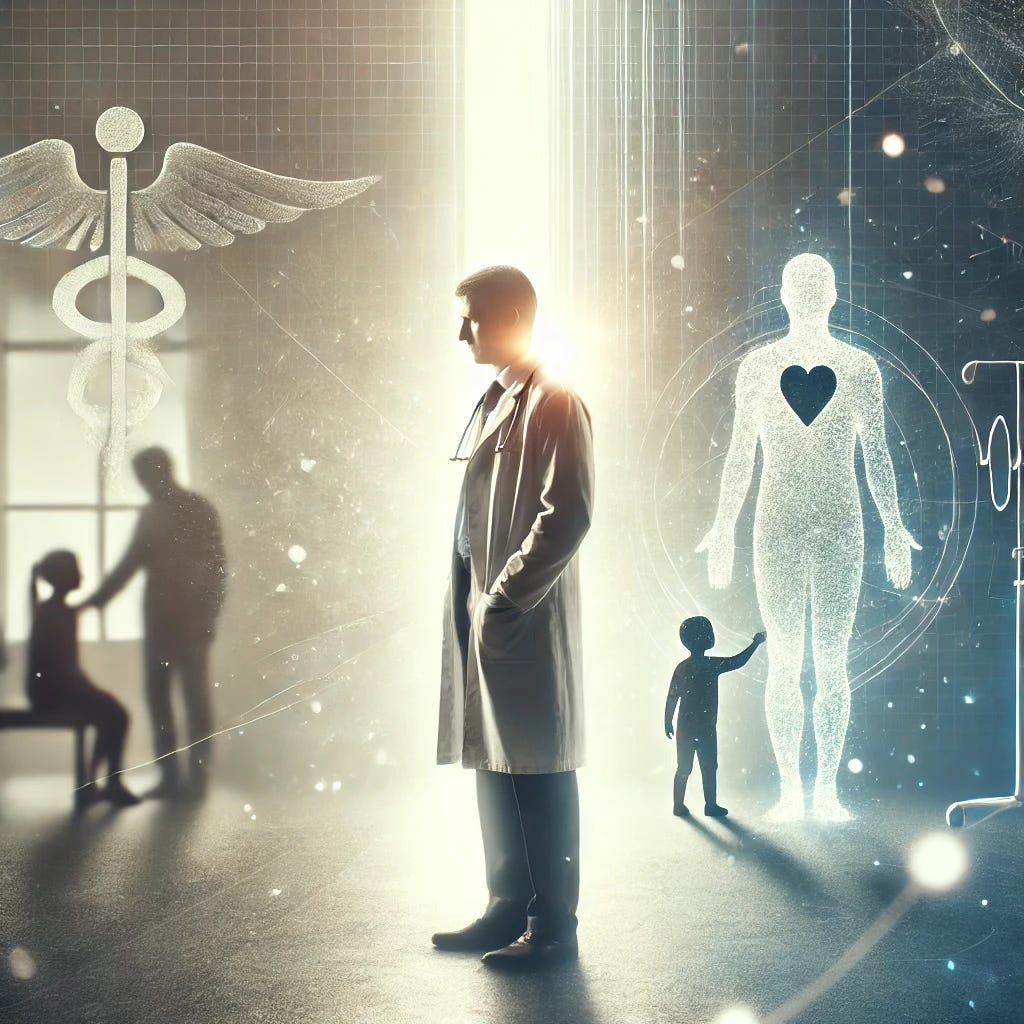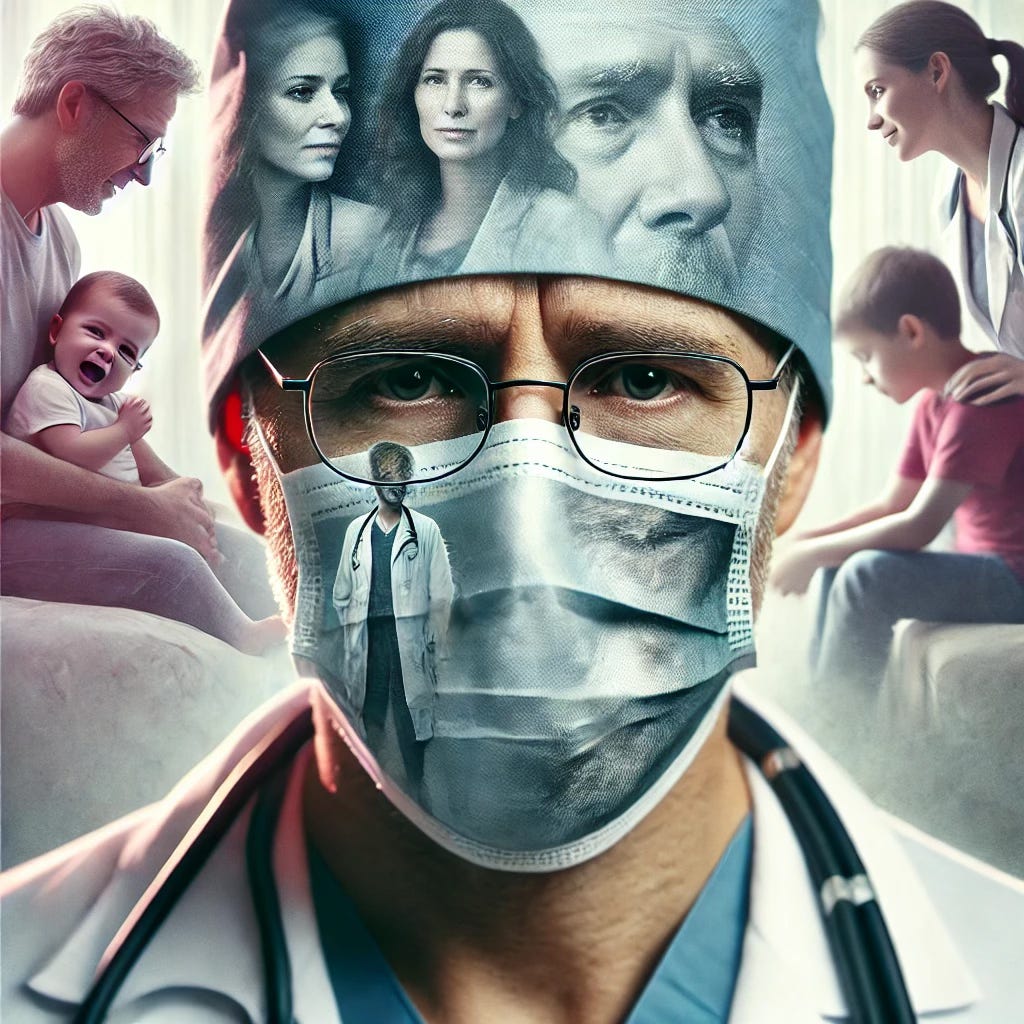Hey there, fellow Superdoc community!
In today’s post, I want to take you on a journey of deep introspection—one that many of us, as doctors and healthcare professionals, rarely discuss openly. We’re talking about what it feels like to be called God. It’s a loaded comparison, one that can bring a mix of emotions, both uplifting and overwhelming.
Let’s dive into what being seen as “God” really means for us as doctors—and how we can navigate that complex role.
The Weight of Expectations
“You’re like God to us.”
It’s a phrase that can stir up a range of emotions. There’s gratitude—after all, it’s a sign of trust—but there’s also discomfort. As doctors, we know all too well that outcomes aren’t always in our control. No matter how skilled we are, we can’t save everyone, and that’s a heavy weight to carry.
When patients and their families place their hopes entirely in our hands, the pressure can feel immense. We aren’t invincible, yet we’re expected to be.
How do we offer hope and support without carrying that impossible burden?
Hope Beyond the Physical
Sometimes, hope isn’t about recovery. As doctors, we can still offer hope even when we know the prognosis is grim. It’s not about curing every illness but about being there emotionally, walking families through the hardest moments, and helping them find peace.
We hold space for emotional healing—often more important than physical recovery. This realization transformed the way I approach care, shifting from solely focusing on outcomes to understanding the emotional impact of the journey.
The Emotional Mask
But here’s the truth: Many of us, myself included, wear an emotional mask. We hide behind it because the weight of being called God is too much to bear. For me, this mask was shame—shame about not meeting expectations, about being seen as fallible.
This mask, while protecting us from vulnerability, also disconnects us from the people who need us most. It creates a barrier between us and the families who trust us with their loved ones. In that emotional distance, we lose the chance to connect deeply.
Removing the Mask and Connecting on a Deeper Level
So, how do we begin to remove that mask?
It starts with introspection. Ask yourself:
What emotions have I been hiding behind?
What mask am I wearing, and why?
How would my approach to my work change if I could let go of that mask?
Once we begin to recognize these emotions and let go of the mask, we open ourselves up to deeper connections—with both patients and their families.
Let’s Start the Conversation
What about you? Have you ever felt the weight of expectations like this? What emotional masks have you worn in your practice?
I’d love to hear your thoughts. Feel free to leave a comment or share your experience. Let’s make this conversation about healing ourselves as much as we heal others.
Thanks for reading, and I look forward to seeing you in the next post!
Drop a comment below—
”how do you deal with the weight of expectations?”
Hit subscribe to stay updated on future insights!









